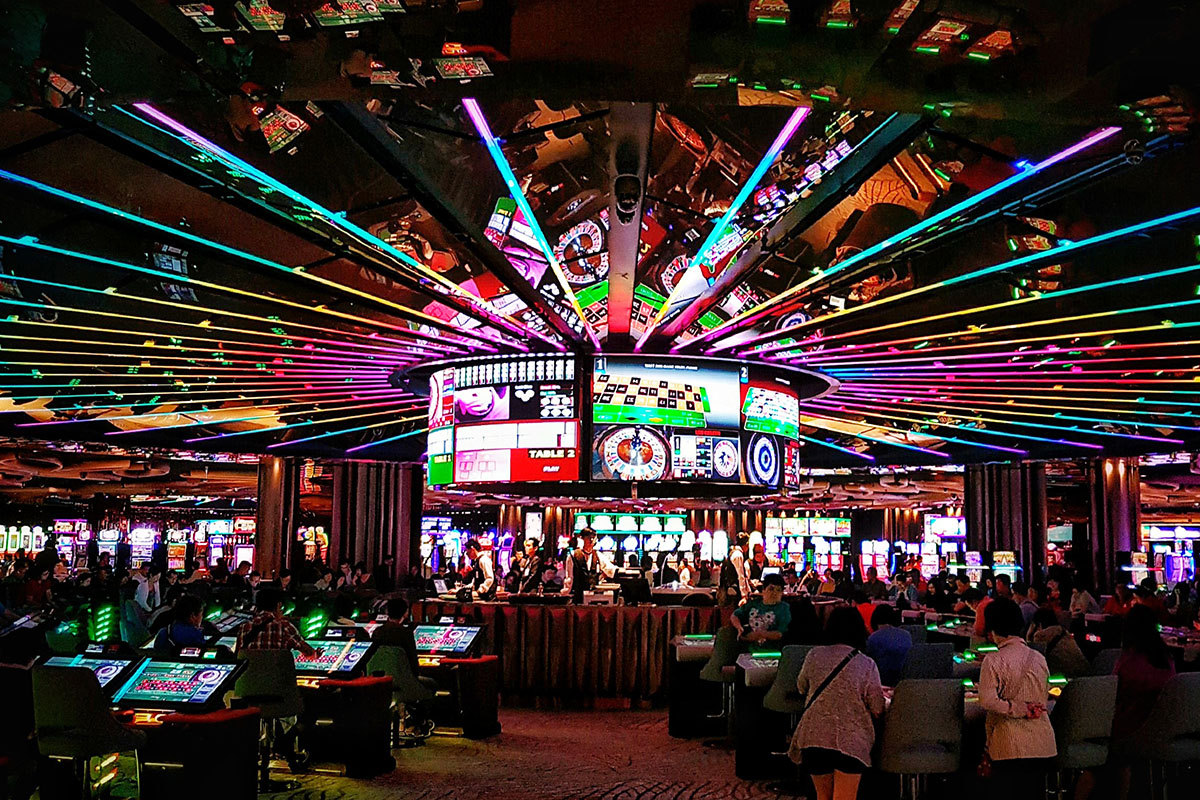
Casino games have long captured the fascination of humans around the planet, becoming an integral part of both leisure and culture. From the shimmering lights of the Vegas Strip to the engaging experience of online gaming, these experiences evoke enthusiasm, risk, and sometimes even a sense of nostalgia. They are beyond simply entertainments; they have woven themselves into the fabric of our lives, influencing various aspects from cinema and music to fashion and writing.
The charm of casino games goes beyond the betting aspect, tapping into larger themes of fortune, chance, and psychology. As players assemble around a gaming table or spin the wheel of fortune, they engage in an ancient ritual that connects with our shared desire for excitement and uncertainty. This obsession has led to the emergence of countless references in films, tracks, and gaming, showcasing how intensely entrenched these games are in pop culture. Whether it is the pressure of a classic caper or the vibrant nightlife portrayed in music videos, casino games have established a substantial place that reflects our relationship with reward.
Historical Importance of Casino Games
Casino activities have played a pivotal role in social contexts throughout history. Originating from ancient civilizations, games of chance were often connected to rituals or events. For example, early iterations of these activities can be traced back to historic China and the Roman Empire, where die games and wagering on results were common pastimes. These games not only served as entertainment but also as means of social interaction, facilitating connections among people within societies.
As societies evolved, so did the sophistication and organization of casino games. The establishment of formal casinos in the 17th century, particularly in the Italian region, marked a major shift in how games were perceived and organized. With designated spaces for gaming, the casino became a community center where people from various backgrounds gathered. This evolution contributed to the validation of gambling, transforming it from a mere pastime into an established industry that shaped the economy and policy.
The impact of casino games on popular culture cannot be overlooked. As they were brought into the limelight in literature and movies, games such as poker and blackjack became icons of risk, luck, and strategy. Iconic characters and stories have emerged around these games, reflecting societal views towards luck, wealth, and immorality. This fascination with casino activities has infiltrated various forms of entertainment, cementing their place in the public imagination and connecting them to broader cultural stories throughout the ages.
Depiction of Gambling Activities in Media
Casino games have long been a popular subject in various forms of media, reflecting both the excitement and intricacies of gambling culture. Films such as Ocean’s 11 and Casino Royal portray individuals who navigate dangerous scenarios, showcasing not only the allure of the casino atmosphere but also the strategies and choices that come with playing popular games like poker and blackjack. These movies often dramatize the thrill of winning and the potential consequences of losing, encapsulating the risks involved in betting.
TV programs have also explored the world of gambling activities, often integrating them into the plot as a context for character arcs and conflict. Shows like Vegas depict the experiences of gambling employees and patrons, highlighting the dynamic, often disorderly energy of the gaming floor. Docuseries featuring intense betting contests further emphasize the attraction of casino games, drawing viewers into the drama and strategy involved in each game. non GamStop casino Through these portrayals, media not only engages but also stimulates conversations about fortune, expertise, and the character of randomness.
Digital games have increasingly incorporated casino games into their design, allowing players to recreate the experience of gambling without financial risk. Titles within the domain of digital gaming often include online slot machines, poker, and other casino favorites, creating an engaging environment that mirrors traditional gambling. These digital representations make gambling activities accessible to a worldwide viewer base, appealing to both players who indulge and those who enjoy the thrill of virtual experiences. As a consequence, the representation of gambling activities in media continues to shape public perception and importance, highlighting their role in society and culture.
Impact of Gambling Activities on Society
Casino games have a significant effect on communities, affecting multiple facets of societal norms and social behavior. They often serve as a platform for community engagement, where people gather to experience a shared experience. Casino trips with friends or visits to casinos become group events that build connections and create shared moments. This collective aspect boosts the fun value of casino games, making them a popular choice for festivities and recreational pursuits.
Moreover, casino games have been portrayed in numerous films, TV series, and written works, influencing views and opinions towards gaming and betting. Icons like James Bond playing baccarat or the intense poker scenes in films have cemented these games in the collective imagination. This depiction often glamorizes the lifestyle associated with gambling, drawing in new players and influencing trends in both fashion and conduct. These representations can ignite curiosity and lead to a more profound investigation of the nuances of gambling.
However, there are also negative consequences linked to the widespread appeal of casino games. The allure of quick monetary gain can lead to gambling addiction and economic troubles for some individuals. Society must contend with these issues, promoting responsible gaming and awareness of the risks involved. Balancing the fun aspect of gambling activities with the risks is vital to ensure that they continue to be a beneficial aspect of our cultural landscape.
